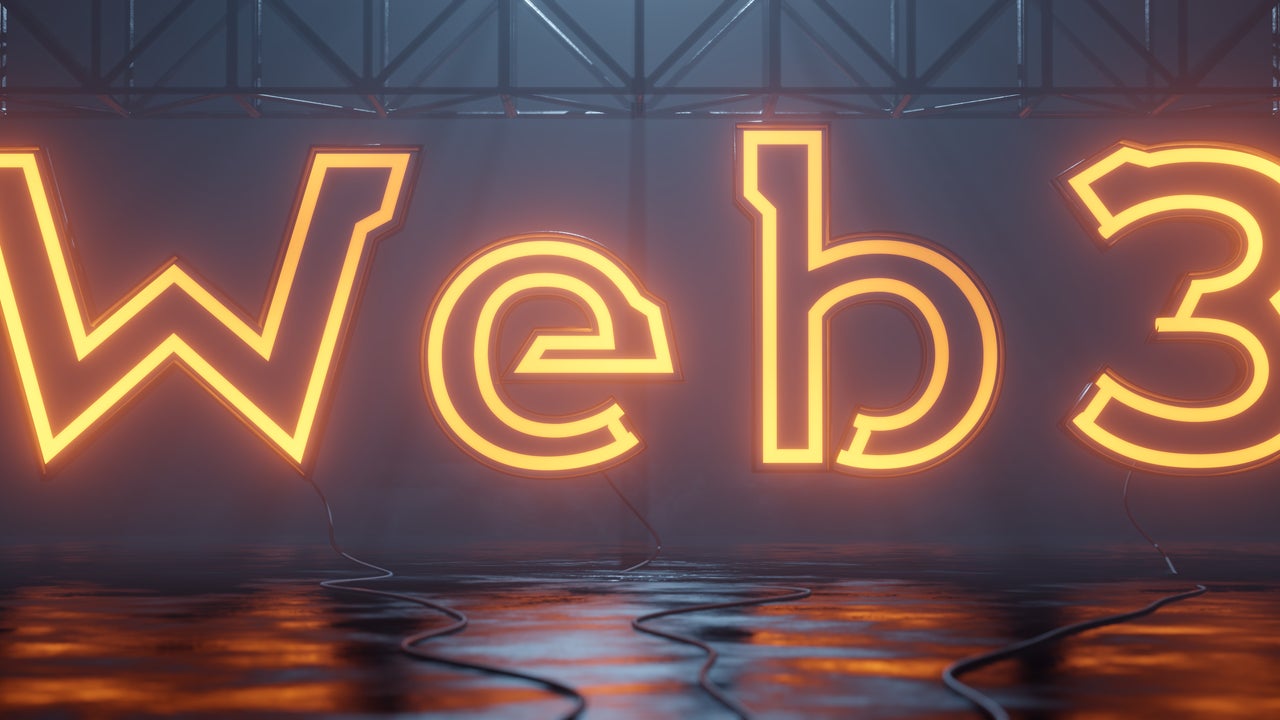The shift from desktop to mobile platforms was a move within Web2, but Web3 will be the next iteration of the internet. Web3 broadly describes the internet trends over the next 10-15 years (if you believe in Moore’s law), especially around internet architecture.
Early internet users consumed content on static pages. Current Web2 centres on platforms and content creation which is hosted on centralized platforms and dynamic pages served by relational databases. Social media has propelled image and video sharing. But, even if I create a banging Instagram story, parent company Meta is the one that profits.
Blockchain will be critical to Web3
Details and definitions of the incipient Web3 differ, but the concept will heavily rely on blockchain technologies to decentralize the internet. Though we don’t know the exact components, how they will fit together, and where all the challenges will be, more decentralized apps (dapps) will run on blockchain technology, in particular Ethereum.
Blockchain has come a long way in recent years and, due to the massive hype surrounding it, it can be easy to forget that the nascent technology has not been around for long. Web3 has gained traction throughout 2021 due to the rise of blockchain-based technologies including cryptocurrencies, non-fungible tokens (NFTs), DeFi, and decentralised autonomous organisations (DAOs).
Although there has been some pushback against blockchain technologies – China has banned the use of cryptocurrencies and India will likely follow suit soon –decentralised technologies are increasingly powerful, both socially and technically. NFT was Collins’ Dictionary Word of the Year 2021, and ConstitutionDAO almost bought an original copy of the US Constitution. These forms of decentralised technologies are powerful and GlobalData estimates that the blockchain market will approach $200bn by 2030.
What does decentralization mean for the internet?
Trump Media and Telecom Group promised to ‘stand up to the tyranny of Big Tech,’ and that’s what Web3 will do, but in a different way. Big Tech companies will no longer be guardians of the web and the data created by users. Instead, blockchain will allow data to be collectively controlled and hosted without the need for the intermediaries made so rich and famous by Web2.

US Tariffs are shifting - will you react or anticipate?
Don’t let policy changes catch you off guard. Stay proactive with real-time data and expert analysis.
By GlobalDataBy minimising the reliance on a handful of large tech companies, distributed networks using thousands of nodes as the backend should reduce the severity of outages such as Facebook’s October outage which plummeted billions worldwide into internet darkness for 6 hours. Decentralised data networks could also allow data to be sold without an individual losing ownership, control, or relying on middlemen, giving rise to a new kind of data economy. However, Web3 alone is not the panacea to reducing the reliance on Big Tech. Web3 will not replace Web2, but rather work alongside it and supplement it.
More web, more problems?
Open, trustless, permissionless Web3 sounds like a tech utopia. It will be built from open-source software available to community developers in full view of users. P2P networks will allow participants to interact publicly or privately without the need for a trusted third party or authorisation from a governing body.
However, centralising things can serve a purpose. Regulating the internet has already been hard, and it will be even harder when its decentralised. Policy makers already struggle to tackle problems of harmful content and misinformation on the current internet and new challenges will arise on Web3. Web3 may be uncensorable due to its decentralized nature; regulation would remove the very decentralisation which is at the core of the Web3 concept. Web3 will require community collaboration, self-regulation, and self-censorship. That’s tricky when 3 billion people use the internet.









